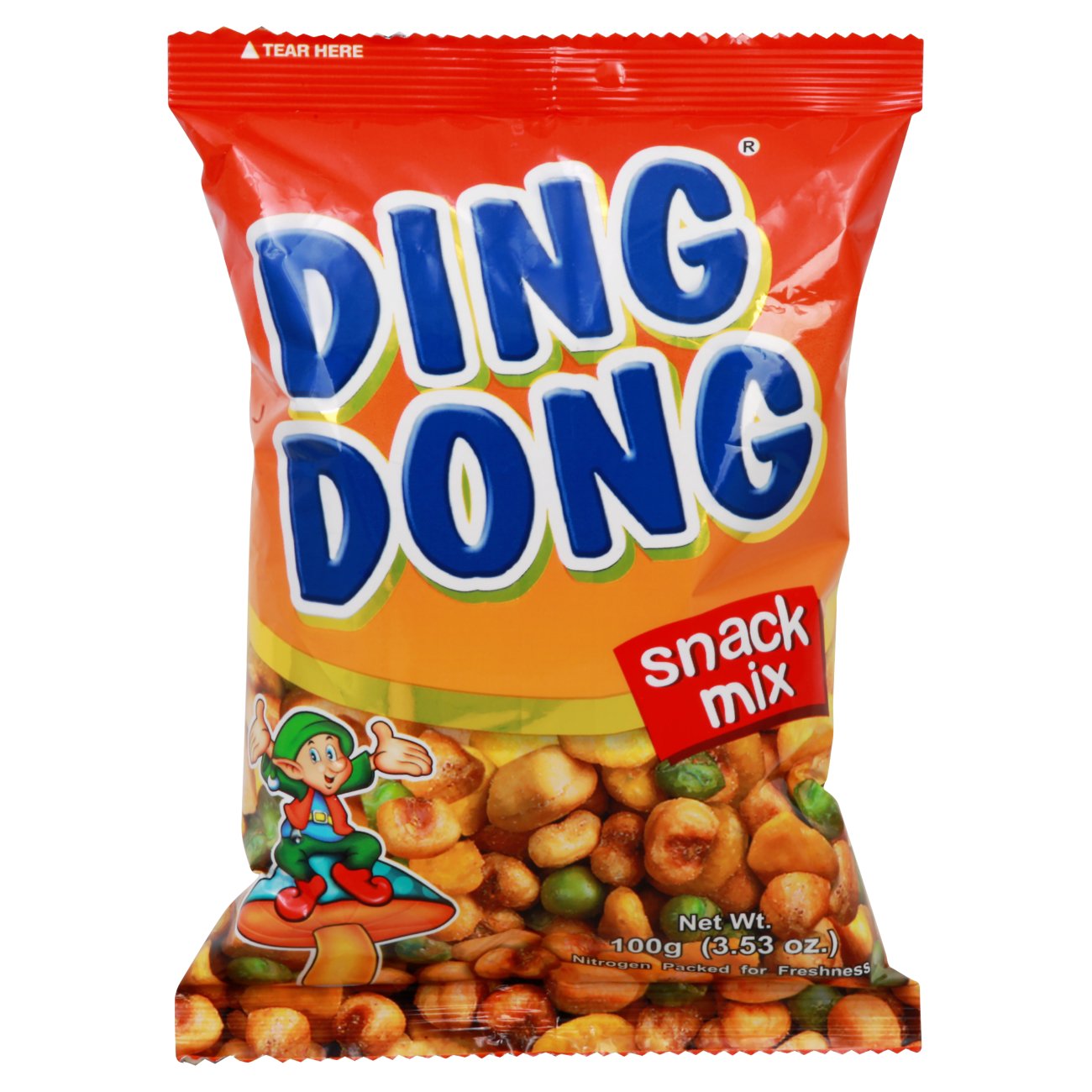Culinary Traditions Of Pingdu
Share
Pingdu, a city located in Shandong Province, China, is renowned for its rich culinary heritage that reflects the region's agricultural abundance and cultural diversity. The culinary traditions of Pingdu are a delightful blend of flavors, techniques, and local ingredients that create a unique dining experience. This article will take you through the various aspects of Pingdu's culinary scene, highlighting key dishes, cooking methods, and the cultural significance of food in this vibrant city.
The Essence of Pingdu Cuisine
Pingdu's cuisine is characterized by its use of fresh, locally sourced ingredients. The fertile land surrounding the city produces a variety of vegetables, grains, and meats, which form the backbone of many traditional dishes. The culinary practices in Pingdu are deeply rooted in the local culture, with recipes often passed down through generations.
Key Ingredients
- Grains: Rice and wheat are staple foods in Pingdu. The region is known for its high-quality wheat, which is used to make noodles, dumplings, and steamed buns.
- Vegetables: Seasonal vegetables play a crucial role in Pingdu's cuisine. Commonly used vegetables include cabbage, radishes, and various greens.
- Meats: Pork, chicken, and beef are the primary meats consumed. Pork, in particular, is favored for its flavor and versatility in cooking.
Signature Dishes of Pingdu
1. Pingdu Steamed Buns (包子)
These fluffy buns are a staple in Pingdu and are often filled with a mixture of minced pork and vegetables. They are steamed to perfection, resulting in a soft and chewy texture. Steamed buns are commonly enjoyed for breakfast or as a snack throughout the day.
2. Pingdu Noodles (面条)
Noodles in Pingdu are made from high-quality wheat flour, giving them a distinct flavor and texture. They can be served in a variety of ways, including stir-fried, in soups, or topped with savory sauces. The local specialty is "Pingdu fried noodles," which are stir-fried with seasonal vegetables and meats.
3. Sweet and Sour Carp (糖醋鲤鱼)
This dish showcases the region's freshwater fish, particularly carp. The fish is deep-fried and then coated in a tangy sweet and sour sauce made from vinegar, sugar, and soy sauce. It is often garnished with colorful bell peppers and served as a centerpiece during festive occasions.
4. Pickled Vegetables (腌菜)
Pickling is a common preservation method in Pingdu, with various vegetables being pickled to enhance their flavors. These pickled vegetables are often served as side dishes, adding a refreshing crunch to meals.
Cooking Techniques
The culinary traditions of Pingdu are not just about the ingredients but also the techniques used to prepare them. Here are some common cooking methods:
Stir-Frying
Stir-frying is a popular technique in Pingdu, allowing for quick cooking while preserving the nutrients and flavors of the ingredients. This method is commonly used for preparing noodles and vegetable dishes.
Steaming
Steaming is a traditional cooking method that retains the natural flavors and textures of food. Steamed buns and dumplings are prime examples of this technique, resulting in light and fluffy dishes.
Braising
Braising is often used for tougher cuts of meat, allowing them to become tender and flavorful. Dishes like braised pork belly are slow-cooked with a variety of spices and sauces, creating a rich and savory experience.
Cultural Significance of Food in Pingdu
Food in Pingdu is more than just sustenance; it is an integral part of the local culture and community. Meals are often shared with family and friends, fostering connections and creating lasting memories. Festivals and celebrations are marked by special dishes, highlighting the importance of culinary traditions in the region.
Festivals and Food
During traditional festivals, such as the Lunar New Year, families in Pingdu prepare elaborate feasts that include a variety of dishes symbolizing prosperity and good fortune. Foods like dumplings and fish are particularly significant, as they represent wealth and abundance.
Best Time to Visit Pingdu
The ideal time to visit Pingdu is during the spring and autumn months when the weather is mild and pleasant. Spring (March to May) brings blooming flowers and fresh produce, while autumn (September to November) offers a bountiful harvest. During these seasons, visitors can enjoy local food festivals and markets showcasing the best of Pingdu's culinary offerings.
Weather Information
- Spring: Mild temperatures ranging from 10°C to 20°C (50°F to 68°F).
- Autumn: Comfortable temperatures between 15°C to 25°C (59°F to 77°F).
- Summer: Hot and humid, with temperatures often exceeding 30°C (86°F).
- Winter: Cold, with temperatures dropping to around -5°C (23°F).
Where to Stay in Pingdu
When planning your culinary adventure in Pingdu, consider booking a hotel that offers easy access to local markets and restaurants. Here are some options:
- Luxury Hotels: For a lavish stay, look for hotels that provide gourmet dining experiences and spa services.
- Budget Accommodations: Guesthouses and hostels are great for travelers looking to explore the city without breaking the bank.
For booking hotels, check out Hotels & Flights.
Getting There
Pingdu is accessible by various means of transportation. The nearest major city is Qingdao, which has an international airport. From Qingdao, you can take a train or bus to Pingdu. For convenient transfers, consider booking through Transfers.
Things to Do in Pingdu
While savoring the culinary delights of Pingdu, take some time to explore the city's attractions. Here are a few recommendations:
- Pingdu Confucius Temple: A historical site dedicated to Confucius, offering insight into the local culture and history.
- Local Markets: Visit bustling markets to experience the vibrant atmosphere and sample street food.
- Cultural Performances: Attend local performances showcasing traditional music and dance.
For more activities, check out local guides and resources.
Final Thoughts
Pingdu's culinary traditions offer a unique glimpse into the region's culture and history. With its diverse flavors, cooking techniques, and communal dining practices, food in Pingdu is a celebration of life and community. Whether you're indulging in steamed buns or savoring sweet and sour carp, each bite tells a story of tradition and heritage. So, pack your bags and prepare for a delicious adventure in Pingdu, where every meal is a feast for the senses!





